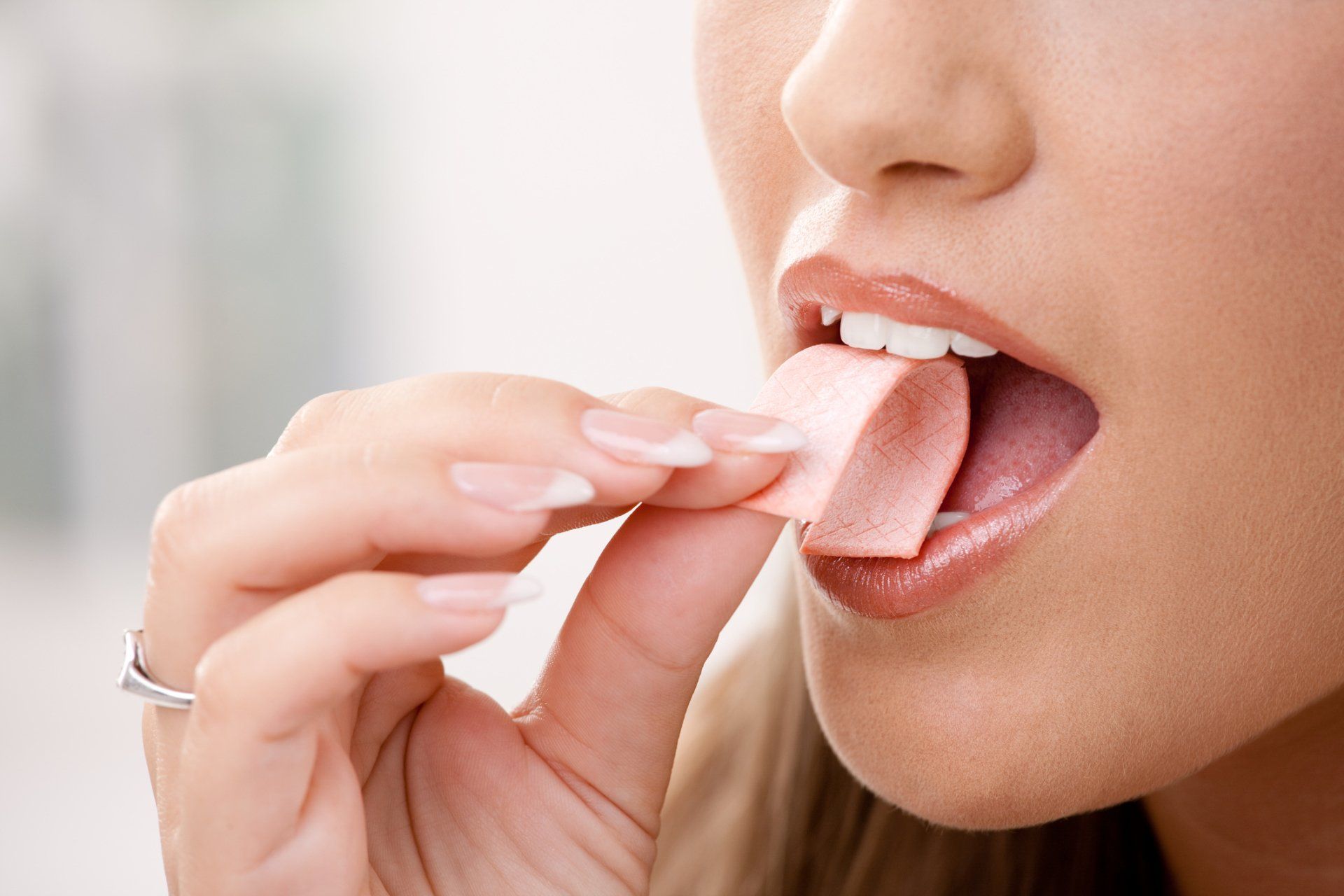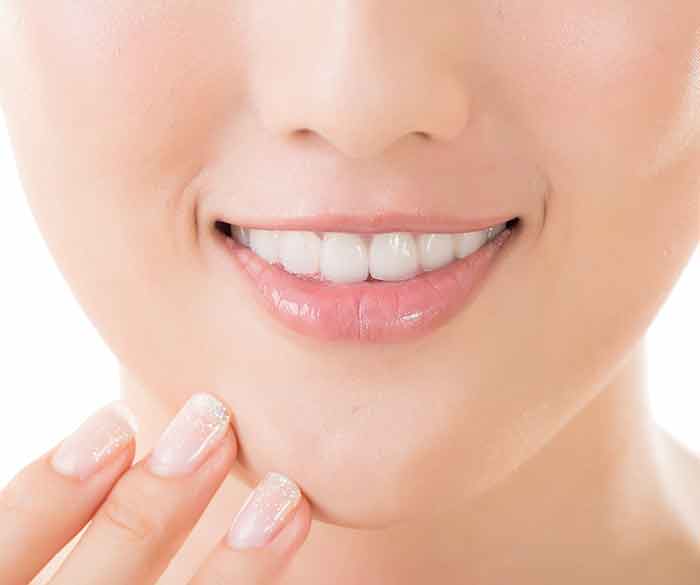A PATIENT'S GUIDE TO HEALTHY GUMS
- By Admin
- •
- 11 Aug, 2017
- •
When you picture your ideal smile, you may primarily focus on your teeth. While teeth are certainly the first aspect of a smile you see, a healthy smile also requires strong gum tissue. Keeping your gums healthy is an important part of preserving your smile.
In this blog, we guide you through several of the most important concepts related to gum tissue health, including what you can do if you don't currently have strong enough gums to support your dream smile.
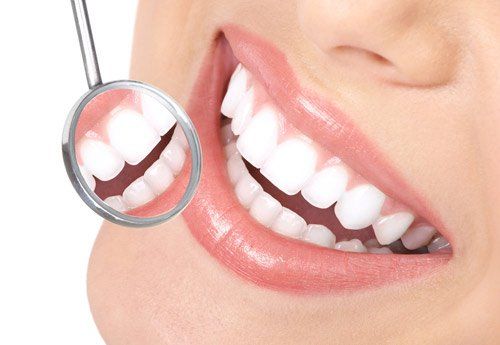
Why Is Gum Health Important?
It's easy to think of your gums as secondary to your teeth. However, your gum tissue plays an integral role in helping you smile, eat and speak normally.
Teeth are not rigidly connected to the jaw bone. Instead, the teeth and jawbone connect through a series of nerves and ligaments. This more flexible connection is why the planned movement of orthodontia is possible for teeth whereas you can't safely shift any other part of your body's skeletal system.
Your gums cover these connective ligaments as well as the most sensitive portion of your teeth: the roots. This soft tissue covering keeps your teeth in place and reduces the stimulus that reaches the nerves. Without healthy gums, your teeth could permanently shift out of alignment, stay in constant pain or even fall out.
How Can You Tell If Your Gums Are Healthy?
When your gums are healthy, you may not think about them often. Your gums should look pink, shiny, and taut but not stretched. Many gum health issues, including minor and major gum periodontal disease, come with obvious signs that are fairly easy to identify.
Specifically, unhealthy gums may exhibit the following:
- Bleeding, including any bleeding that occurs while brushing
- Dullness
- Pain, discomfort or tenderness
- Recession
- Redness
- Swelling
In extreme cases of periodontitis, the gums may pull away from the teeth and develop pockets or abscesses that fill with fluid.
In addition to these obvious gum tissue–related symptoms, patients who have gum disease may also manifest with persistent bad breath, strange mouth taste or teeth that seem constantly loose and that move when they bite down.
How Can You Protect Your Gums?
The vast majority of gum tissue health problems occur due to neglected oral hygiene. Your first priority when you want to protect your gums from deterioration is to establish strong oral hygiene routines using the right dental tools.
If you're specifically concerned about gum health, you may want to switch to a soft-bristled toothbrush and add a daily mouthwash to your routine. Softer brushes cause less tissue inflammation and are less likely to contribute to gum recession, while appropriate mouthwashes can reduce the amount of harmful bacteria on your gums.
Additionally, you should prioritize regular dentist visits. Dental cleanings can bolster your gum tissue health. These cleanings also offer the opportunity for your dentist to evaluate the current condition of your gums and make recommendations for improvements to your oral hygiene habits.
While oral hygiene is the most important way to protect your gums, some gum tissue problems can also result from other health conditions. For example, health conditions or medications that suppress your immune system could contribute to gum disease.
Poor nutrition and harmful habits like smoking can also increase your risks for gum disease. Discuss your medical history with your dentist to identify risk factors of gum tissue problems and determine the appropriate solutions.
As you work to keep your teeth beautiful and strong, use your newfound knowledge about gum health to safeguard the soft tissues in your mouth as well.
For expert gum tissue and tooth care, trust Emergency Dentist Milwaukie-Clackamas, Sunrise Dental.
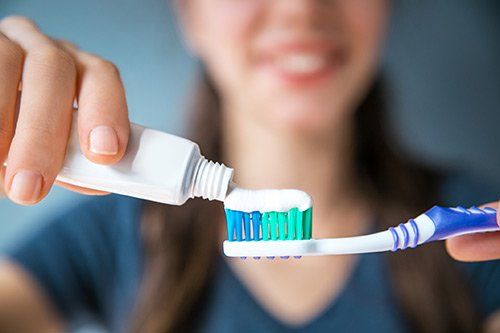
Preventative dental care is arguably the most important care you can receive from your dentist because prevention will help you maintain optimal care for your lifetime. Preventative care includes services like fluoride treatment, x-rays, sealants, and dental prophylaxis.
While in-office visits every six months are important, preventative dentistry doesn't stop there. Your at-home efforts make a big difference. Here are three ways to improve your at-home dental care.
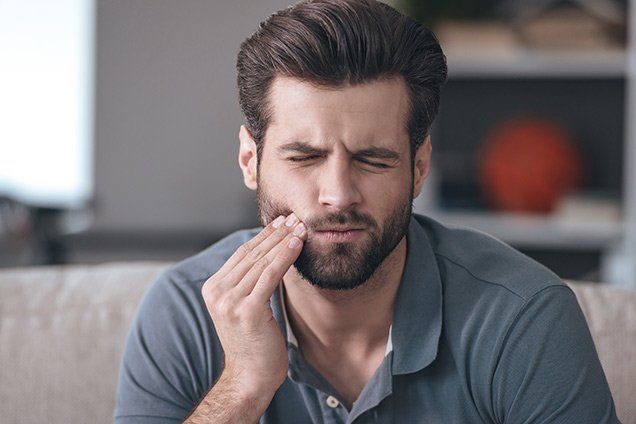
You've probably heard your dentist talk about "dental emergencies" in the past. A dental emergency involves a condition that needs to be treated by a dentist as soon as possible, hopefully within the hour. A knocked-out tooth or mysterious bleeding after a dental procedure are both examples of dental emergencies. Random pain in the jaw or tooth can also be a dental emergency, depending on the characteristics of that pain.
You should know the different kinds of dental pain so you can know when to call a dentist in an emergency. These tips can help you understand what types of pain are most indicative of a dental emergency.
You should know the different kinds of dental pain so you can know when to call a dentist in an emergency. These tips can help you understand what types of pain are most indicative of a dental emergency.

With the summer season right around the corner, many families have plans for days of fun, including swimming lessons, pool time, and various water sports. Tooth injuries and damage are unfortunately common in swimming accidents. With some preventative care and precautions, however, you can reduce the risk of harm to your smile.
Here are some simple things to keep in mind for oral health
and safety this summer as you swim with your family.
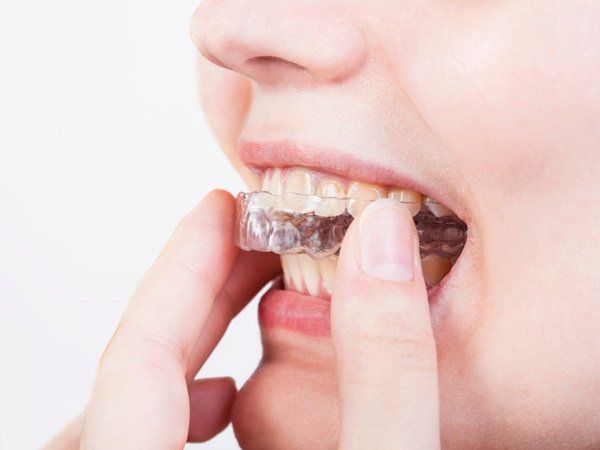
f you're an athlete, or if you're the parent of a student athlete, you're probably familiar with safety equipment. Helmets, pads, protective eyewear, and special shoes are some of the types of safety equipment that athletes often use. Unfortunately, one piece of safety equipment doesn't always get the attention that it needs – the mouth guard.
Mouth guards help protect the athlete's teeth and oral tissues from damage and are recommended for a wide variety of different sports. If you're an athlete or the parent of a young athlete, understand what types of athletes need mouth guards and how to take care of them.

Some of the foods you love the most, even the healthy ones, can cause damage to your teeth by eroding tooth enamel. Tooth enamel is the hard outer layer of your teeth, and its sole design is to protect your teeth against cavities and bacteria. It's considered tougher than bone and is the hardest part of the human body.
Unfortunately, tooth enamel can be worn down by everyday foods and beverages, especially acidic or sugary substances. Here is a small list of consumables that can damage your tooth enamel and ways you can still eat or drink them safely as part of your regular diet.
Unfortunately, tooth enamel can be worn down by everyday foods and beverages, especially acidic or sugary substances. Here is a small list of consumables that can damage your tooth enamel and ways you can still eat or drink them safely as part of your regular diet.
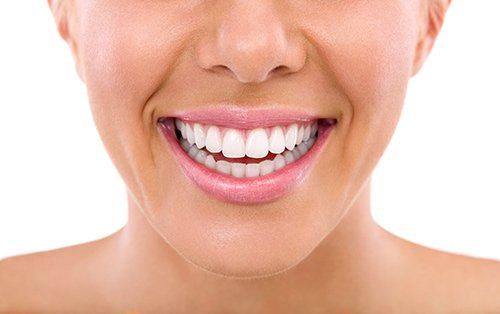
If you experience sensitivity in your teeth whenever you eat something cold, hot, or sweet, you may wonder why you have this problem and what can you do to stop it. Your sensitive teeth may be a result of enamel erosion.
Enamel erosion occurs when the surfaces of your teeth (enamel) wear down from a loss of calcium and other valuable minerals. A number of things can erode your enamel, including sweet and acidic foods and beverages.
Although you can't reverse enamel erosion once it occurs, you can take steps to reduce or stop its damaging effects on your teeth.





